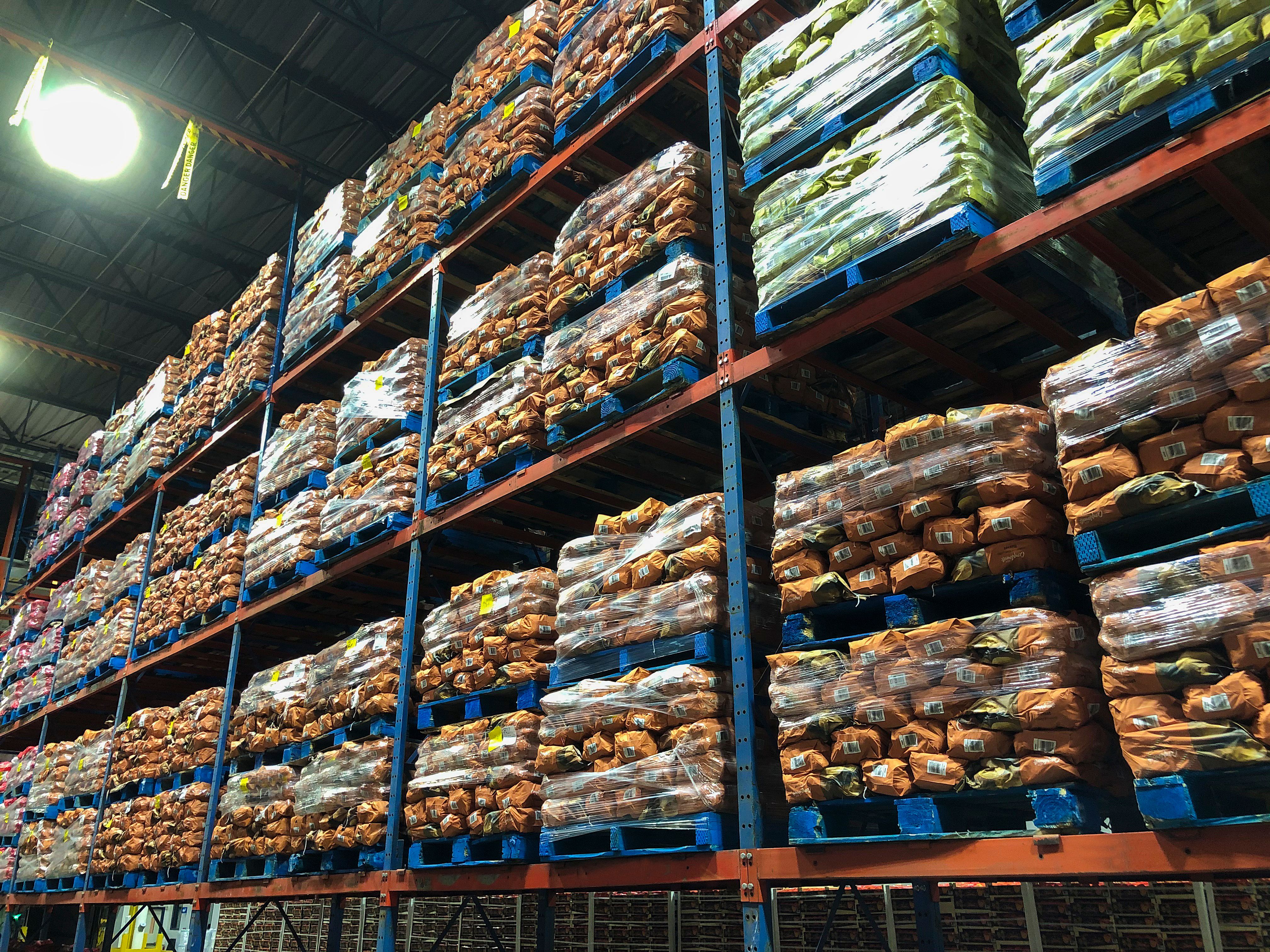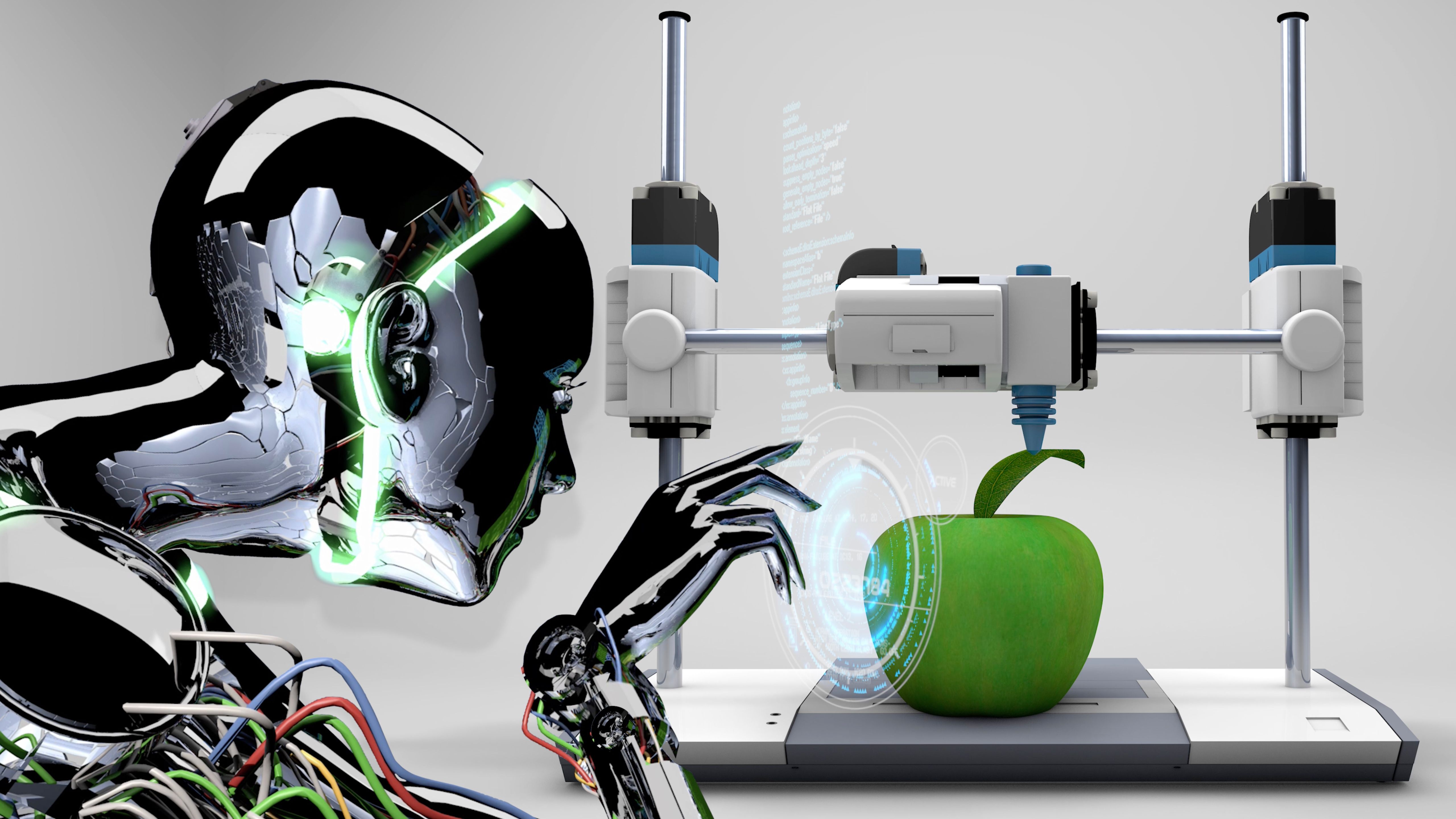The Economic Impact of Food Traceability Technologies
Understanding Food Traceability Technologies
The evolution of food traceability technologies has revolutionized the way we perceive and handle food safety. These technologies involve tracking and documenting the production, processing, and distribution of food products. By utilizing advanced systems like blockchain, RFID tags, and IoT devices, businesses can ensure transparency and accountability in the food supply chain.
Food traceability is not just about maintaining safety standards; it has far-reaching economic implications. As consumers become more conscious of the origin and quality of their food, businesses adopting traceability technologies can gain a competitive edge. This shift towards transparency is shaping the landscape of the food industry, influencing everything from consumer trust to global trade dynamics.

Boosting Consumer Confidence
One of the most significant economic impacts of food traceability technologies is the enhancement of consumer confidence. With access to detailed information about the origin and journey of their food, consumers are more likely to trust brands that prioritize transparency. This trust translates into increased brand loyalty and potentially higher sales volumes, providing businesses with a substantial economic advantage.
Moreover, in the event of a food safety issue or recall, these technologies allow companies to quickly identify and isolate affected products. This rapid response minimizes damage to a brand's reputation and reduces financial losses associated with recalls, further solidifying consumer trust in the brand.
Reducing Food Waste and Losses
The implementation of food traceability technologies also plays a critical role in reducing food waste and supply chain losses. By accurately tracking inventory levels and expiration dates, businesses can optimize their supply chain operations to prevent overproduction and spoilage. This efficiency not only conserves resources but also contributes to significant cost savings for companies.
Additionally, improved traceability helps identify inefficiencies within the supply chain, enabling businesses to streamline operations and reduce unnecessary expenses. These savings can be reinvested into other areas of the business, fostering growth and development.

Impact on Global Trade
Food traceability technologies are reshaping global trade by fostering greater transparency and compliance with international standards. Countries with stringent import regulations are more likely to engage in trade with partners who demonstrate robust traceability systems. As a result, businesses that implement these technologies can expand their market reach and enhance their international competitiveness.
Furthermore, traceability technologies facilitate smoother cross-border transactions by providing clear documentation of product origins and compliance with regulations. This efficiency reduces delays and costs associated with international trade, making it a lucrative opportunity for businesses seeking to expand globally.
The Future of Food Traceability Technologies
The economic impact of food traceability technologies is expected to grow as these systems become more sophisticated and accessible. Innovations such as AI-driven analytics and real-time data sharing will further enhance transparency and efficiency within the food supply chain.
As these technologies continue to evolve, businesses that embrace them will likely enjoy increased economic benefits, from enhanced consumer trust to expanded global market opportunities. The future of the food industry is undeniably tied to the advancement of traceability technologies, making it an essential investment for forward-thinking companies.

